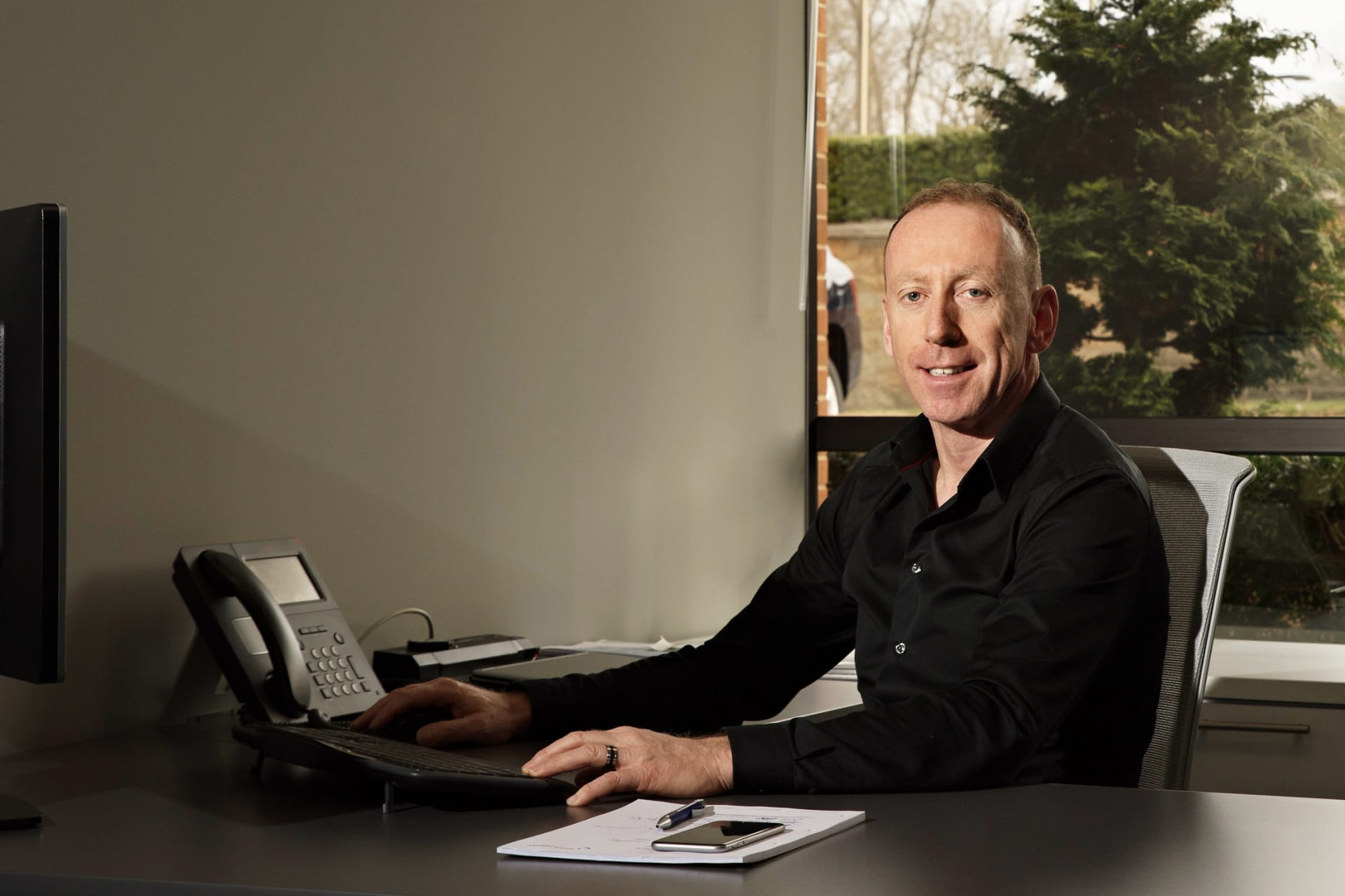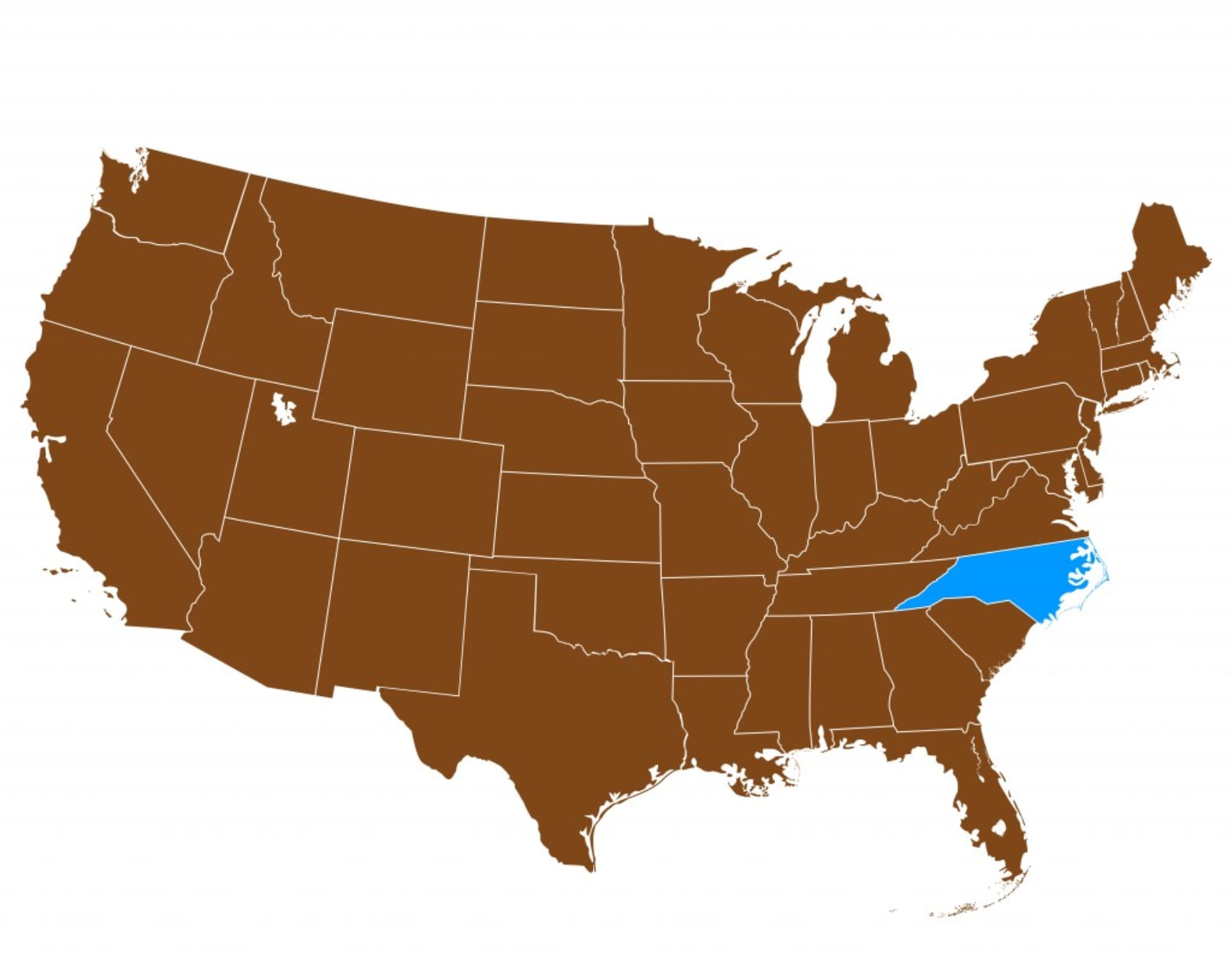Under its new name, Schubert North America, the company’s headquarters in Charlotte, North Carolina, are now located at the heart of American industry and close to the Canadian market. Fritz Kipfer, who now heads up Schubert North America, discusses the importance of the North American market to the entire group of companies.
What prompted Schubert to centralise its operations at its new location in North America?
With our headquarters in Charlotte, North Carolina, we are closer to customers in eastern North America. From there, we can reach almost all our customers within just a few hours. Charlotte has a well-developed infrastructure. Our customers can reach us more easily and air connections to Germany are faster as well. As an important business location in the US, Charlotte provides us with ideal conditions to find the highly qualified employees we need to support our growth. Our existing Texas and Toronto locations will remain, of course. This all ensures that we can optimally cover the entire North American market. With our now concentrated management, we are able to offer the same high quality of service in both countries.

Fritz Kipfer heads up Schubert North America at the new headquarters in Charlotte.
How important is the North American market to the Schubert Group?
In many sectors, Schubert already has a good reputation in the North American market. And in recent years, interest in Schubert machines has grown significantly here.
Total revenues of 50 million US dollars in North America in 2014 made up close to 20 percent of the Gerhard Schubert company’s total sales. We anticipate that the positive turnover in the growing US market will double within five years through a restructuring of our sales network. Our objective for Schubert North America is to double our sales figures by 2020.

What is especially important to your North America customers and how do you fulfil their needs and expectations?
Service and support are especially important to North Americans. They are accustomed to receiving comprehensive support even after the purchase of a machine. If there are any problems, it is vital that we can quickly respond and remedy the situation. We can ensure this high level of service with our three locations, as well as our hotline and remote maintenance service.
With our Training Center, we also offer extensive customer training to ensure that operators can take full advantage of our machines and that they can quickly address malfunctions themselves, which are often caused by minor issues.
Since 2012, there has been a training machine at Schubert Packaging Systems in Dallas. Now the Training Center is moving to Charlotte, and we will adding a second training machine. The new Training Center is a key component of our service portfolio in the US and is now well within driving distance for many customers. With our headquarters and new orga
What are the key differences between your Canadian and American customers in terms of mentalities and expectations?
My impression is that Canadians are somewhat more open than Americans. In Canada, it’s easier to make personal contacts. Contacts with American customers are more likely generated on a professional level.
In Canada, there are more customers who need solutions to frequent format and product changes. Obviously, Schubert is very well positioned to score there with its highly flexible TLM machines.
Early on, we had to convince the Americans of the benefits they would capitalize on due to the fact that we develop our own robots and control systems rather than buy them from large manufacturers. Now they have great confidence in our products and services and they see that we can provide them with optimal solutions that are customised to their specific needs.

Charlotte is located in North Carolina, in the heart of the American processing sector.
In what areas and sectors do you see the greatest growth potential for Schubert in the coming years?
Schubert currently generates close to 75 percent of its sales from the confectionery, food and pet food industries. In both countries there is great potential for us to tap into. We see many opportunities with small and medium-sized companies across all sectors, and we also hope to prove our expertise in the area of filling. As well, there are still opportunities for growth in the booming frozen products market in North America.
American food manufacturers are looking for solutions to optimise their secondary packaging processes. In this specific area, we can further increase their flexibility with process automation. This also applies to thermoforming trays and now we can also offer our own flow-wrapping machine. Furthermore, I see growth opportunities in the consumer sector, especially in electronic goods, packaged in blister packs, for example.
How do you communicate the value of an investment in Schubert packaging machines to your customers?
Both in the US and in Canada, German quality, flexibility and well-designed system layouts go a long way. We impress our customers with customised solutions that quickly pay for themselves through their added value. On the one hand, this has to do with the flexibility of the TLM packaging systems which can quickly adapt to different product and packaging formats. And on the other, it has to do with our machines’ high availability and low maintenance.
With innovations such as the TLM machine without an electrical cabinet, the 3D scanner for packaging machines and the Transmodul, we offer technologies that no other competitor can deliver. Additionally, we reiterate to our customers and their staff that operating our TLM machines is easy and fun.
What exciting projects are you now working on in North America?
We currently have a really interesting project whereby small pieces of cake are placed in flow-wrapping machines and then the flow-wrap bags are grouped into boxes. This encompasses erecting, filling and closing, which is implemented by the respective TLM sub-machines.
There is also a filling project for a large international company, whereby soap and shampoo are filled into small bottles by the TLM and then sealed and packed in cartons. Other projects range from the packaging cookies and candy canes in display trays, all the way through to pet food. We are very active in many industries and are ideally positioned to expand our position in North America.



